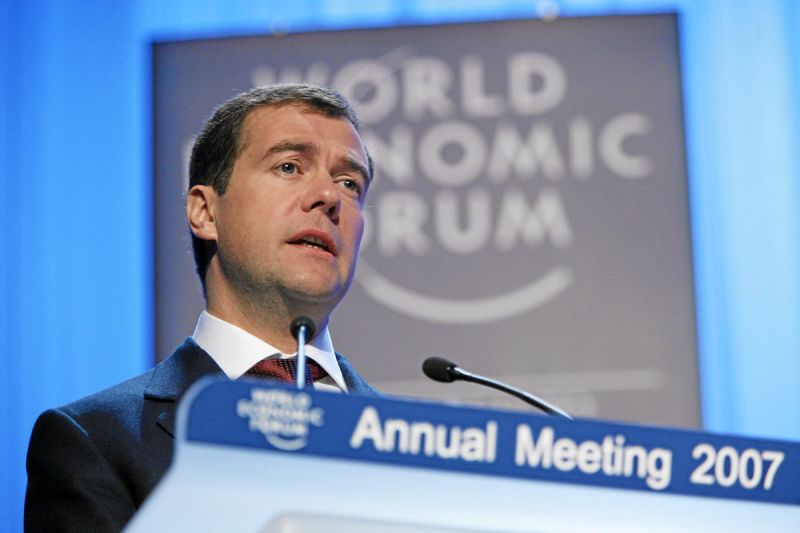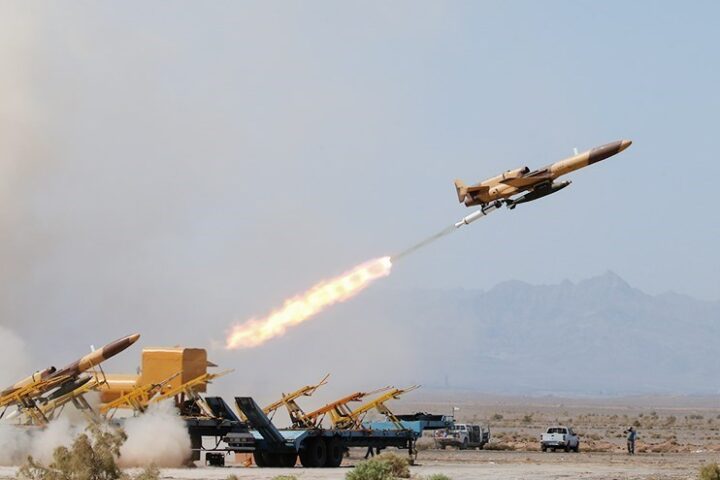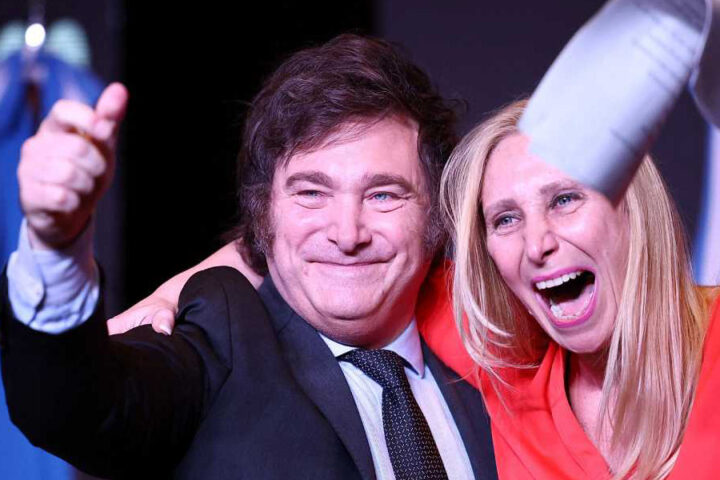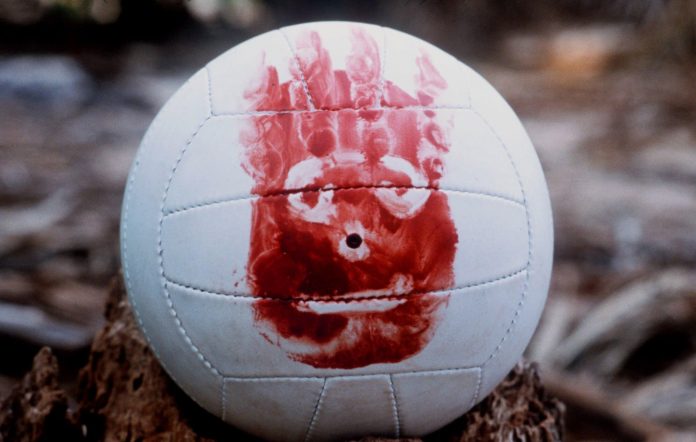Russia’s Ambitions in Ukraine: A Glimpse into Kremlin’s Imperialist Vision
On March 14, Security Council Deputy Chairman Dmitry Medvedev shared in a message on Telegram what he defined as the Russian peace formula. While the essence of his post was not a surprise, its transparency caught the public’s eye once again.
Medvedev’s role within Vladimir Putin’s inner circle is significant. Having served as President (2008 to 2012) and Prime Minister (2012 to 2020), and now holding a strategic position, he has regularly commented on the Kremlin’s hardline stance on international and domestic policy issues.
In that line, after the Russian invasion of Ukraine in February 2022, Medvedev has increasingly become one of Russia’s most vocally anti-Western figures, regularly issuing stark warnings and even alluding to nuclear strikes and the catastrophic downfall of Western civilization.
Therefore, his commentary should not be dismissed as it likely reflects the Kremlin’s ambitions in Ukraine and their vision of a new Russia for the 21st century.
Medvedev’s Peace Formula: Demands and Conditions for Ukraine
The recent publication of the Security Council Deputy Chairman outlines the conditions of the so-called Russian peace formula. These conditions include Ukraine’s capitulation, “payment of compensations to Russia,” and “the adoption of legislation for integrating the former Ukrainian territories with the Russian Federation” as prerequisites for Moscow to cease its war.
Actually, Medvedev acknowledges now that, in these types of situations, there are only two ways to end a war and achieve peace: one, when both sides express their willingness to do so, and the other, if one of the parties capitulates.
Since Ukraine’s willingness to dialogue “is not visible,” then the only way forward, he believes, is “to construct your Russian formula, calm and quite realistic.”
This strategy calls for Kyiv’s total acknowledgment of defeat, demilitarization, and prohibition of future paramilitary groups. Furthermore, Medvedev insists on international acknowledgment of the purportedly “Nazi character” of Ukraine’s administration and a UN-led “denazification” of its institutions.
The UN must recognize that Ukraine has lost “its international legal personality and that it is impossible for any of its successors to enter into military alliances without Russia’s consent.” For this, the country’s constitutional authorities must resign, and “elections to the provisional parliament of the self-governing territory of the former ‘Ukraine’ under the auspices of the UN” must be held.
In essence, what the Kremlin, through one of its most prominent spokespeople, is demanding is the total and unconditional surrender of Ukraine and its complete expulsion from the international community as a democratic entity. As Russia will oversee this process, it is clear that the new government will be a puppet of the Kremlin, fully responding to its interests.
Medvedev: Ukraine is definitively Russia
As previously mentioned, it is not the first, and seemingly not the last, Medvedev refers to Ukraine in such stark terms.
Days before, while addressing participants at a youth festival in Sochi, Russia, he presented a map depicting most of the Ukrainian territory divided among Russia, Poland, Romania, and Hungary. Only an area roughly the size of the Kyiv region was labeled “Ukraine.”
At that moment, he claimed that “the territory on both banks of the Dnipro is an intrinsic part of Russia’s historical strategic borders.” Simultaneously, he countered the book title by former Ukrainian President Leonid Kuchma, Ukraine is Not Russia, stating: “This concept must disappear forever. Ukraine is definitively Russia.”
Russia’s current geopolitical strategy extends beyond its military actions in Ukraine. It involves redefining its relations with Asia and Africa, revitalizing alliances with countries like Iran, Venezuela, China, and North Korea, and engaging in forums like BRICS. Russia’s critique of Western dominance, particularly the U.S. dollar, and its advocacy for “traditional values” based on Christianity form a part of this broader narrative aimed at challenging the global status quo.
Yet, the irony of Russia’s stance in Ukraine, juxtaposed against its anti-imperialist messaging, seems lost on many, especially in the Global South. For some, NATO’s past military interventions appear to overshadow the implications of Russia’s aggression towards Ukraine. This situation reveals a complex layer of international politics where the principles of sovereignty and self-determination are at stake, and Medvedev’s new communication emphasizes that idea.
The current crisis and war are not solely the result of Russia’s effect on the country. But today, we find ourselves in a position where defending Ukraine is precisely about protecting the right of nations to self-determination and peaceful coexistence in diversity.





